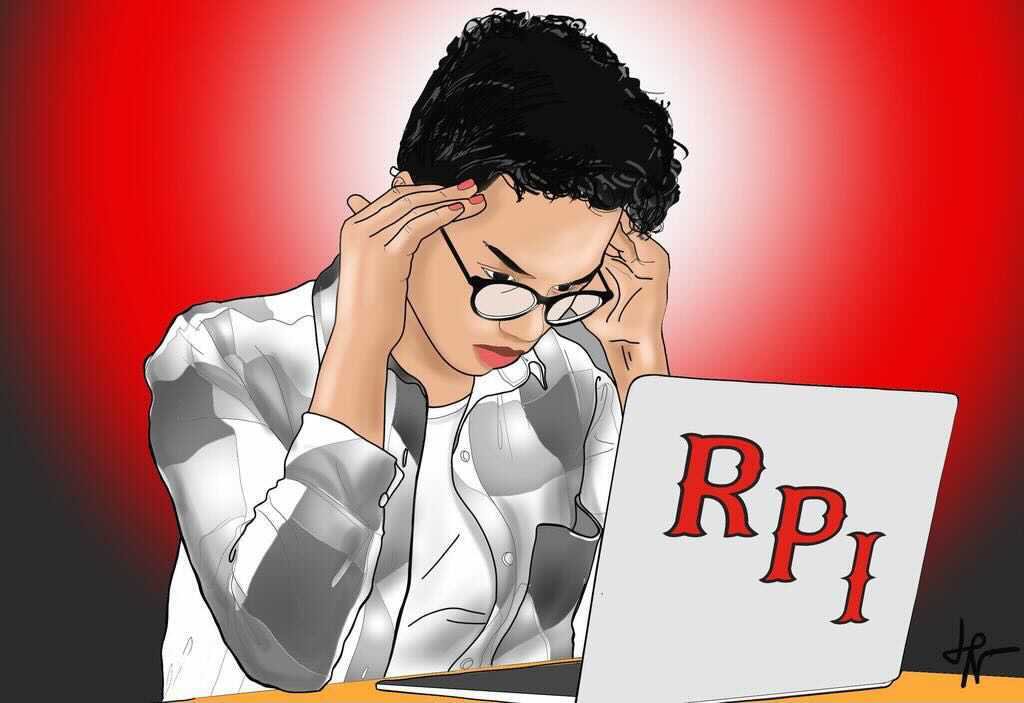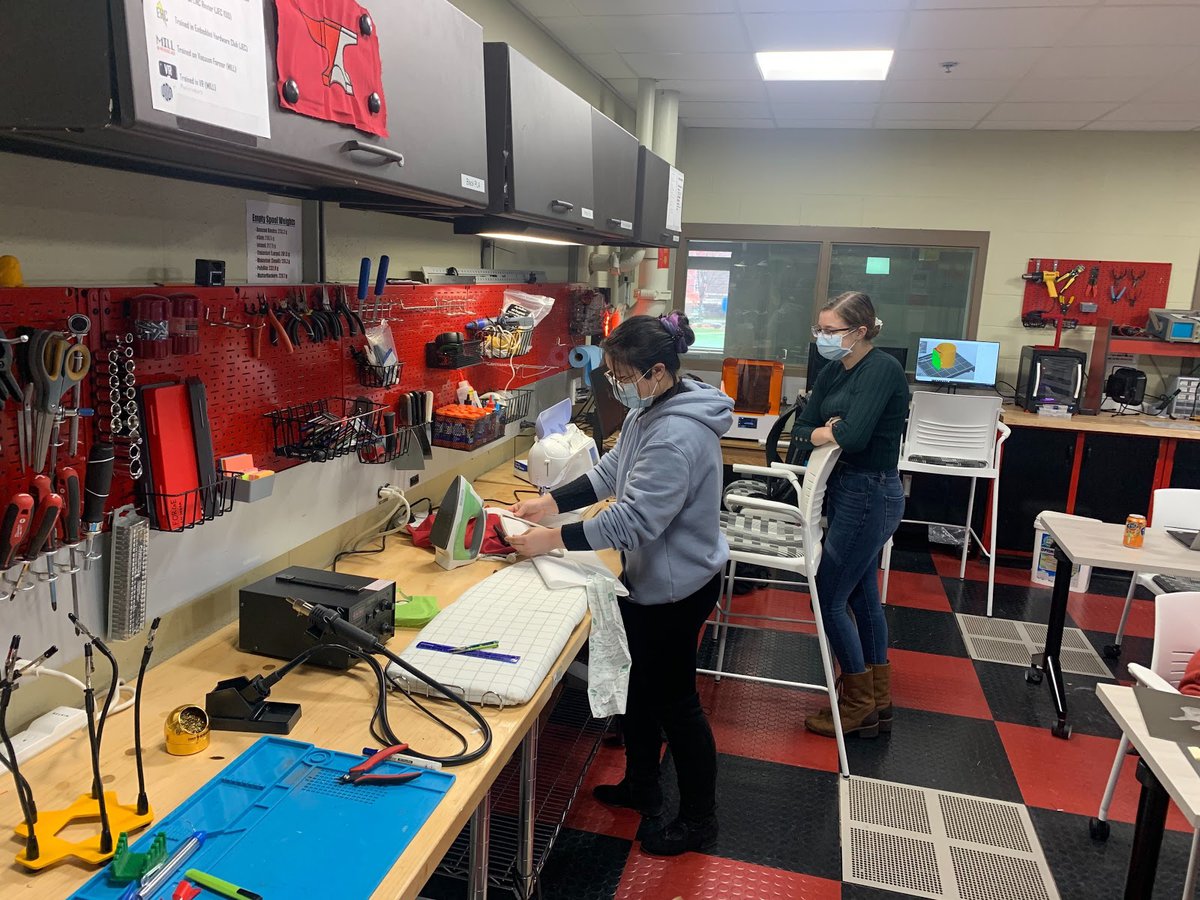RPI's policies are a recipe for burnout

It is not an exaggeration to say that last semester was one of the most difficult ones students have endured in recent years. First-year students spent the first two weeks of their college lives quarantined in their dorms, robbed of the opportunity to fully get to know their cohort. All students were required to get COVID-19 tests twice a week, limit their social circles, and were unable to utilize campus resources to their full potential. Meanwhile, sophomores studied remotely during the Fall. These decisions are understandable to an extent; Rensselaer’s strict approach to the pandemic, with de-densification of the campus and vigorous tests, has mostly paid off. However, with the lack of Spring Break this semester and students still facing the effects of isolation, some policy changes should be implemented to alleviate the compounding issues students face.
According to the calendar for the current academic year, there will be no Spring Break this semester. The week that would normally be used for Spring Break was instead tacked on to the end of Winter Break, accommodating travel and quarantine of the Rensselaer community. With Winter Break extended another week, there is no way for the Institute to fit in Spring Break without dipping into the 10 days allotted for students taking classes over Arch to prepare for their Summer courses, see their families, and move into their Summer housing.
Eliminating Spring Break is part of RPI’s approach to maintaining safety during this pandemic. Removing the week-long break in the middle of the semester demotivates students from leaving campus, potentially catching COVID-19 wherever they go, and bringing it back to RPI with several weeks still left in the semester. But Spring Break exists for a reason; it gives students a chance to catch their breath. It’s a rare opportunity to see friends and family for some time, and recuperate from the first half of the semester.
Without Spring Break, the absence of the social aspects of college life has left students feeling isolated, and the pandemic has taken a toll on many students’ mental health. As a sophomore myself, I can attest to this: I do not live anywhere close to my friends, and, while social media allows us to stay connected, it does not feel the same as studying together in the Union or getting a Late Night meal together.
There is another aspect to students’ college-related stress, however. The pass/no credit policy is back to what it was pre-pandemic. This means that students who may have been struggling with a class could not P/NC it if it was required by name for their major, required for a minor, or a 6000-level course. On top of this, faculty furloughs and the hiring freeze have limited courses offerings in 2021 and have made scheduling classes for the Spring semester a nightmare. This will likely carry over to the Summer and Fall. While these issues have had greater effects on the faculty, students have also found themselves compromising on courses required for their degree. While I was registering for courses for this Spring semester, I found myself choosing between two important courses for my major just because there were not enough sections available for me to take both. There are also some courses that I would like to take in the future, but do not know when they will be offered again, because new professors may not be hired to teach those courses any time soon.
Paired with the omission of Spring Break next semester, the restored P/NC guidelines and lack of direct mental health support for students is the perfect recipe for burnout.
Simply adding an extra week to the Spring semester to give students time off is not viable, so the Institute should consider some alternatives:
- Bring back the P/NC guidelines that were put in place last Spring. While it would be more lenient than usual, it would take pressure off students who have to work for a semester continuously. Burnout, which is characterized by a relationship of hostility and alienation between a person and their work, has been correlated with mental health issues such as depression, and low academic achievement. Easing the P/NC guidelines would be one step to prevent the exacerbation of this issue.
- Give students another day or two off by incorporating more three-day weekends into the schedule. We already missed one Monday with the President’s Day holiday, so why not add another three-day weekend and make the Tuesday after follow a Monday schedule to compensate?
- Allow small groups of students to book empty classrooms, if they checked in with the Daily Interactions and Activities Log. Since students will find ways to meet, creating an “official” avenue would be a method of harm reduction.
- Make DIAL into a mobile app with notifications, or, at the very least, allow students to opt for email notifications so that they will be regularly reminded to update their information. While this will not directly alleviate burnout, it makes the daily process of updating DIAL much more convenient, and will in turn make contact tracing easier, leading to a safer campus environment.
For a university that claims to highly prioritize mental health and advertises the integrity of the degrees it provides, it feels like not enough direct action has been taken to prove that during the pandemic. While everybody is feeling the effects of the pandemic, students deserve support from the Institute that tangibly improves our mental health, ability to study, and our overall well-being.

 Academics
Academics
 Club Spotlight
Club Spotlight